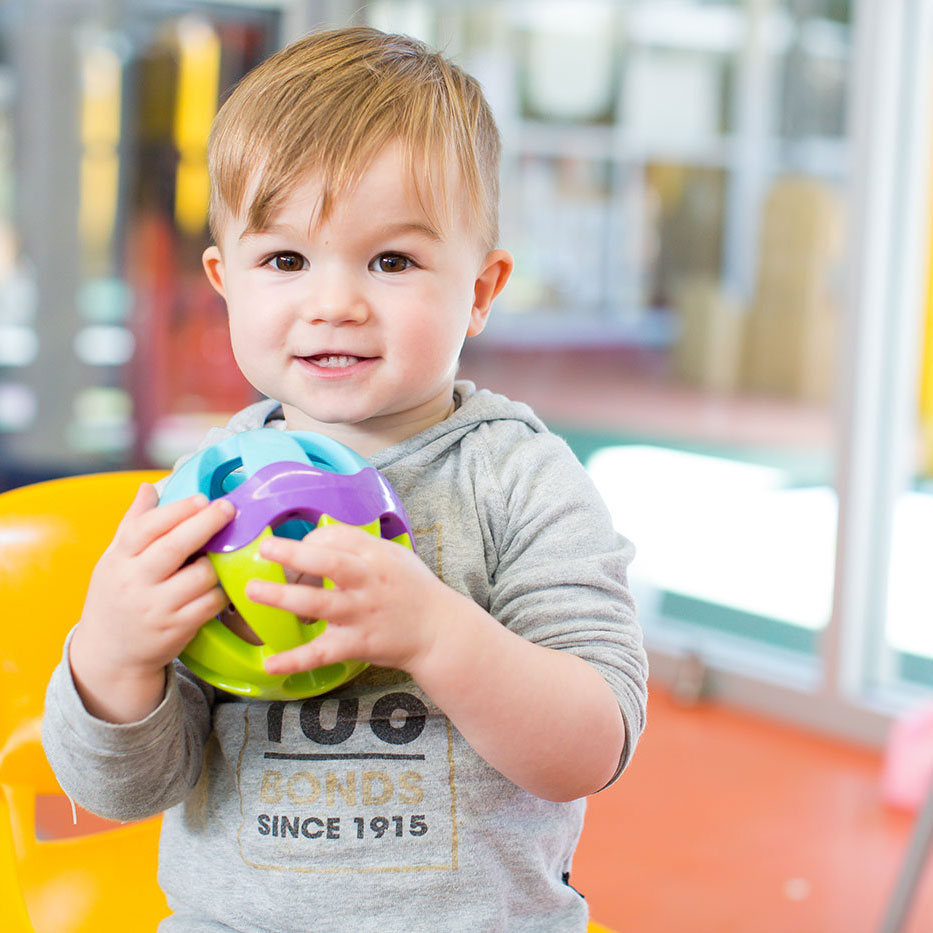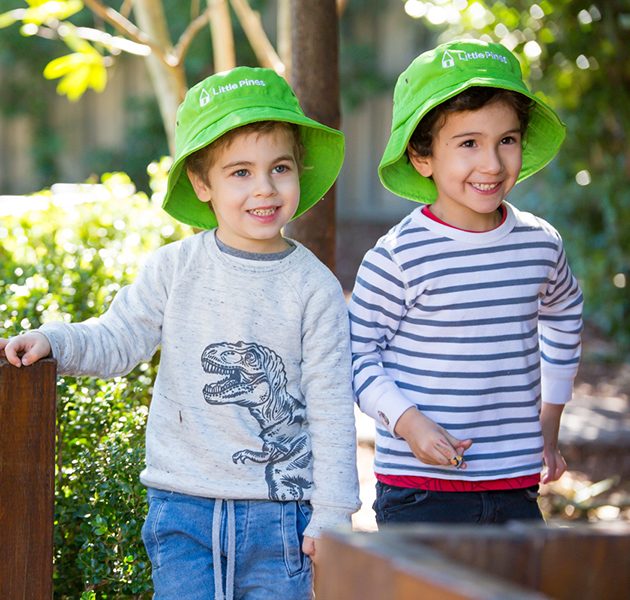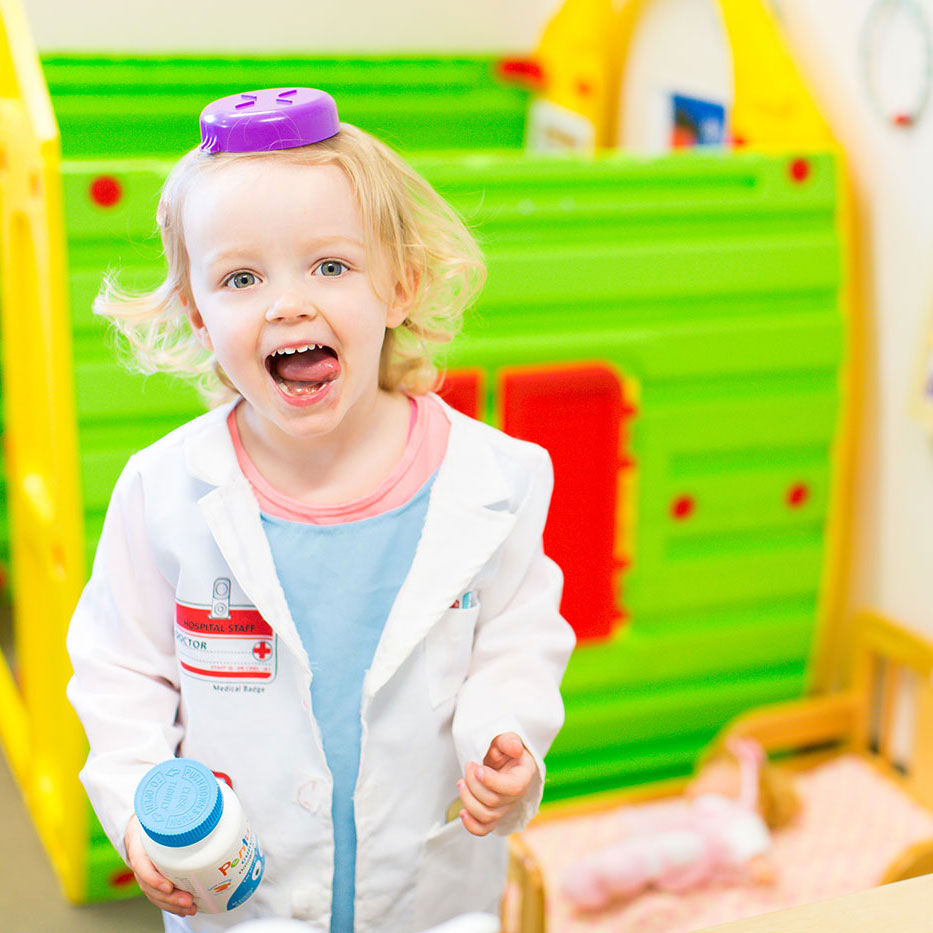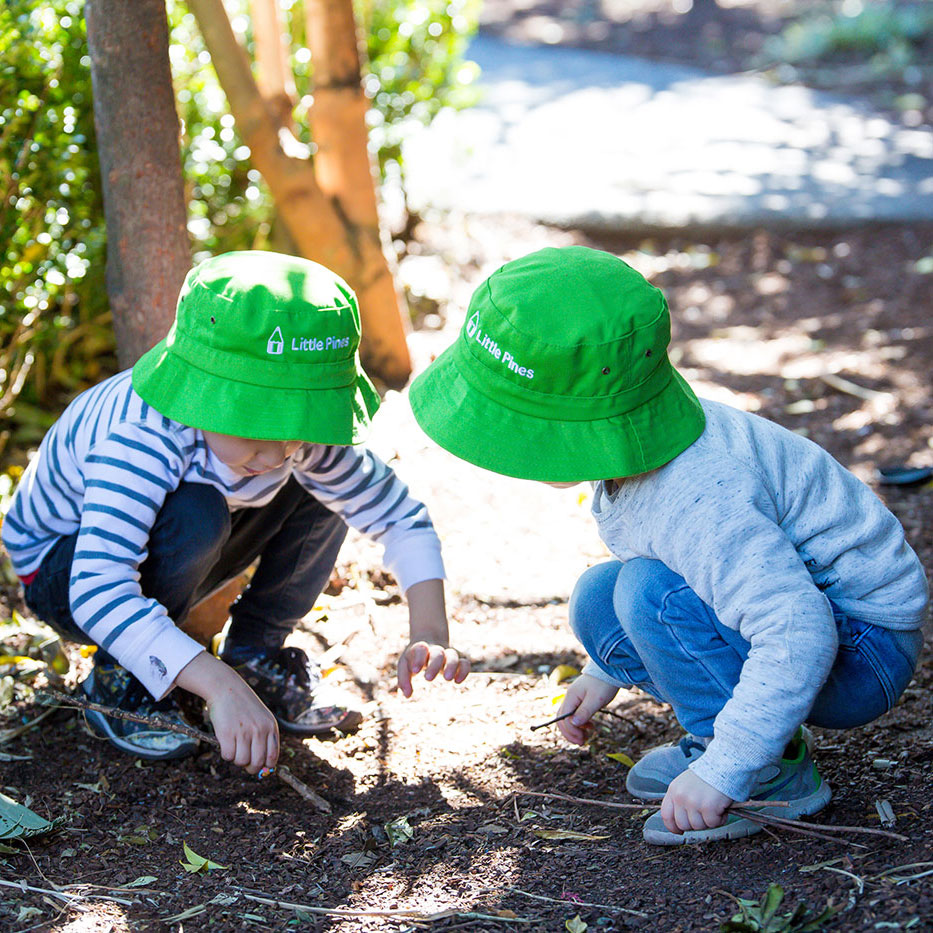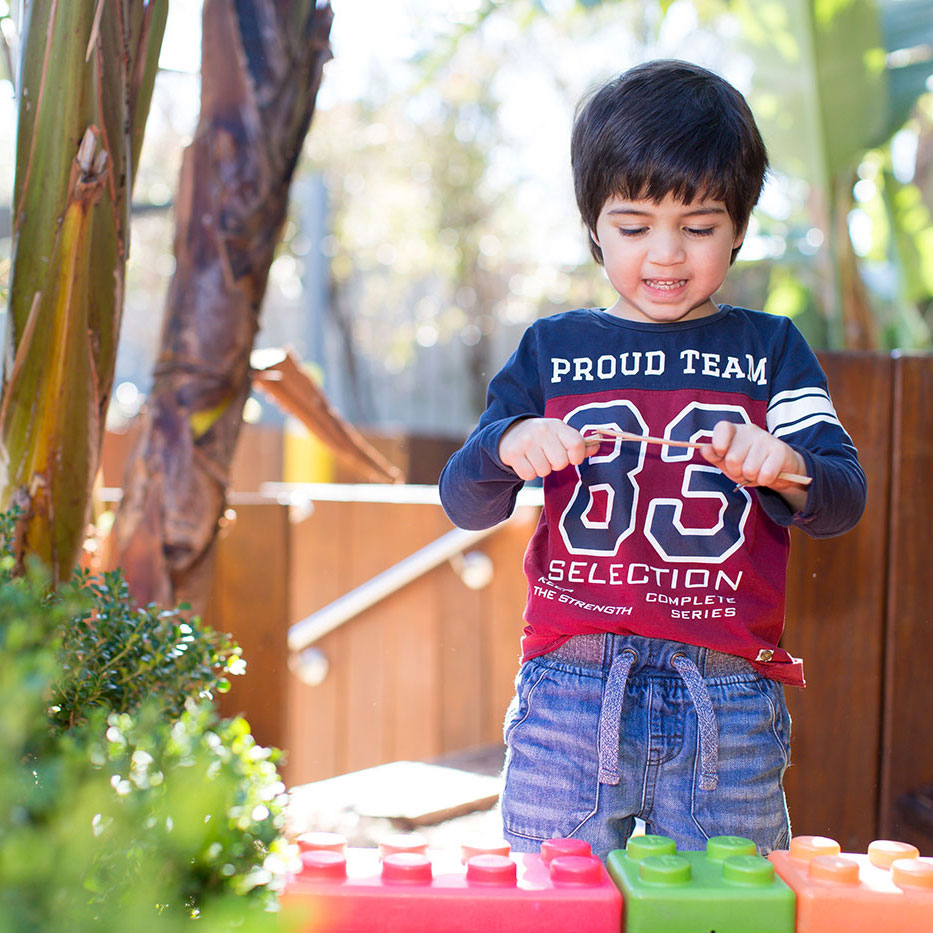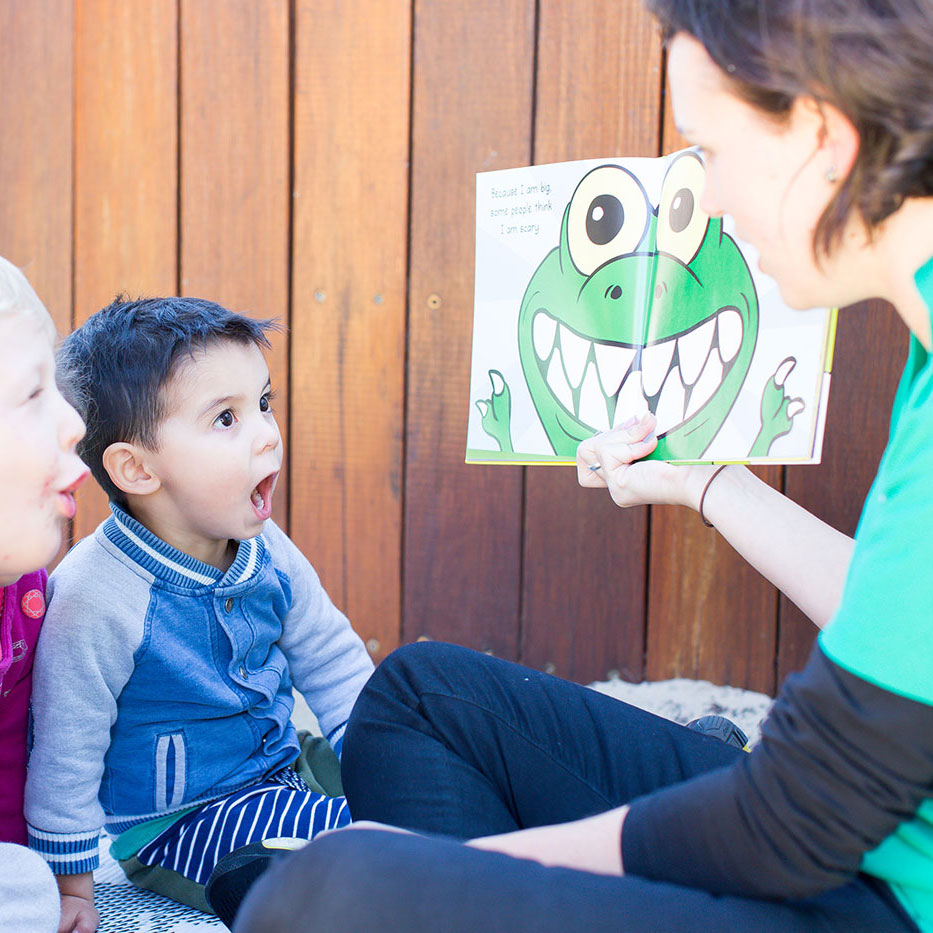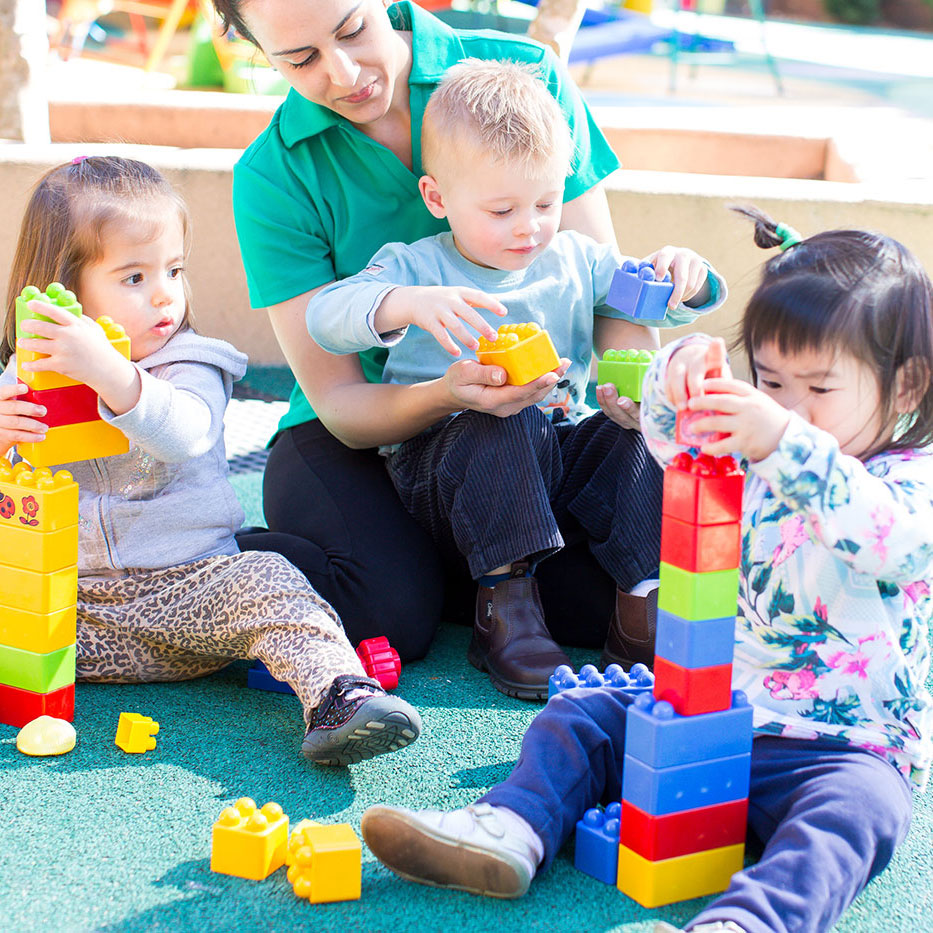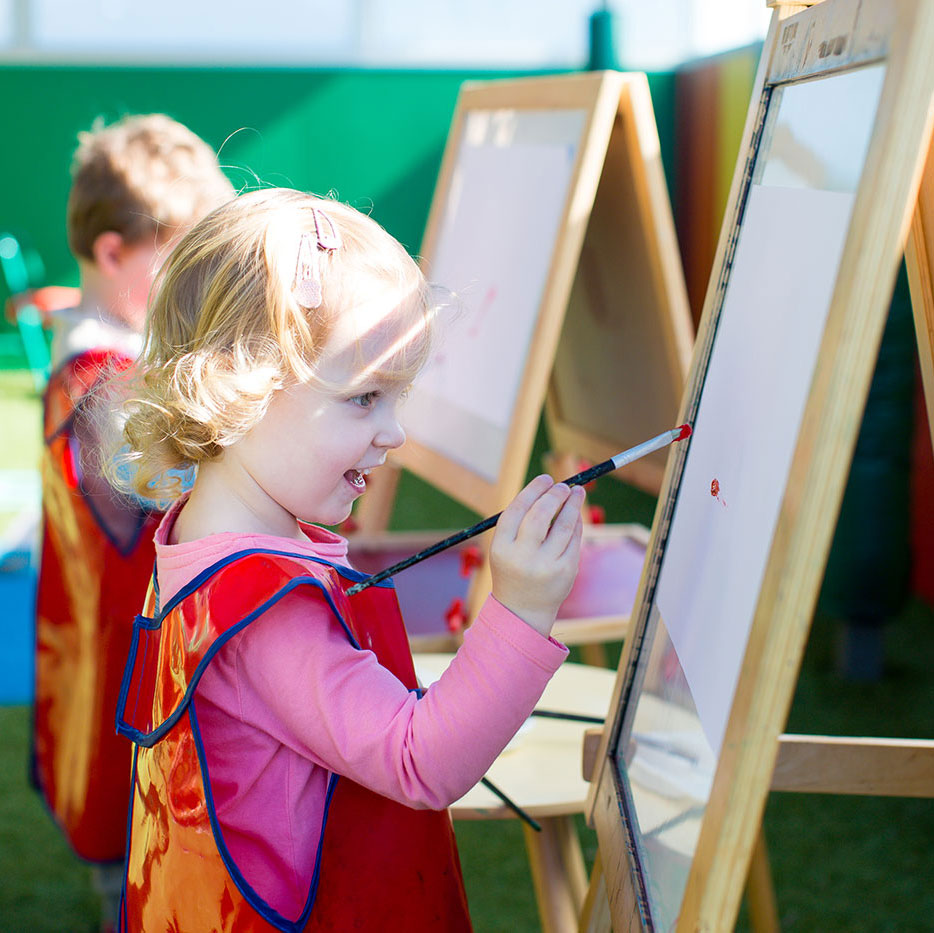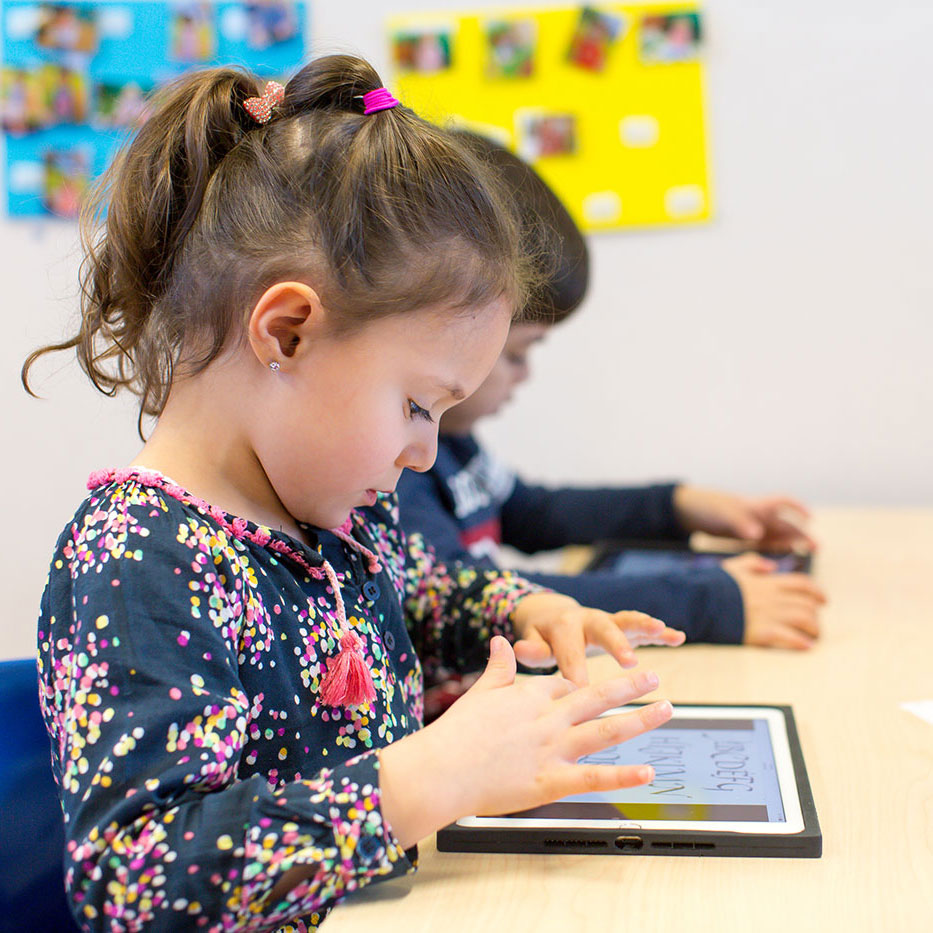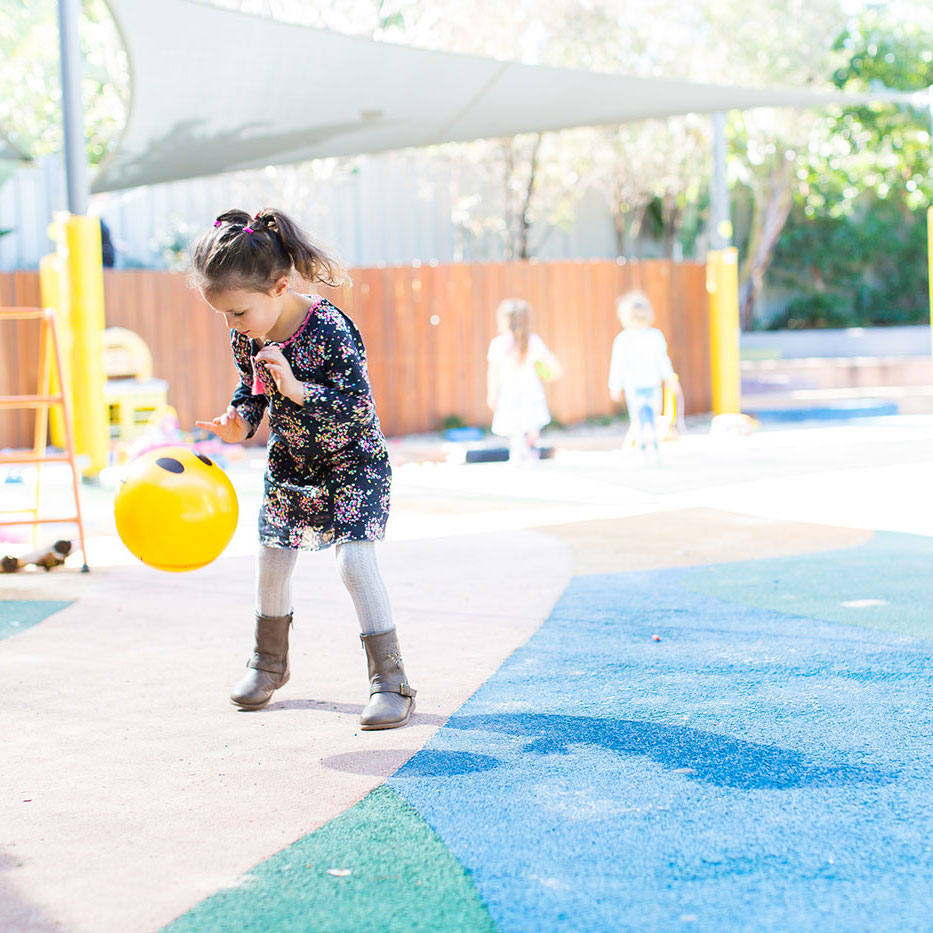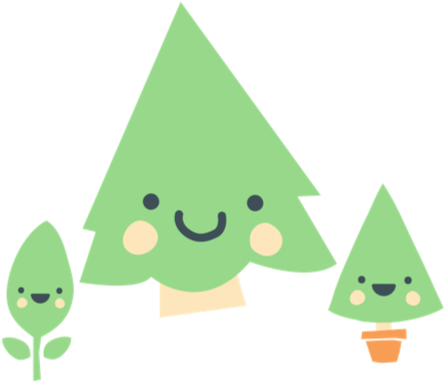We create rich language and literacy experiences that respond to a child’s communication needs. Our experiences comprise the many language forms such as music, movement, dance, storytelling, visuals arts, media and drama, as well as talking, listening, viewing, reading and writing. These various experiences are aimed at moving children through the four stages of literacy development. In this sense the children in our care are guided towards becoming active, confident communicators by focussing on building vocabulary and language which supports problem-solving, and the ability to use one’s imagination – all of which are fundamental to the language a child needs going forward to school.



